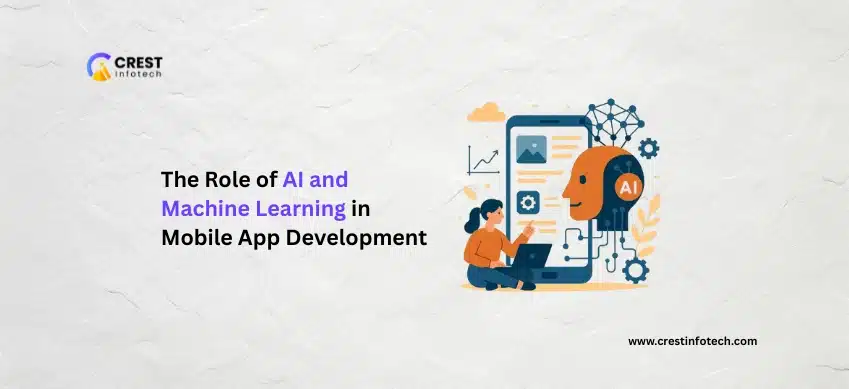In the digital age, the landscape of content creation is undergoing a profound transformation, driven by advancements in artificial intelligence (AI) and generative technologies. From generating text and images to music and video, AI-powered tools are revolutionizing the way content is produced, enabling creators to augment their capabilities, streamline workflows, and unlock new creative possibilities. In this article, we’ll explore the impact of generative tech on content creation and its implications for the future of creativity.
The Rise of Generative Technologies:
Generative technologies encompass a broad spectrum of AI-driven tools and algorithms that can autonomously produce content based on input data and predefined parameters. These technologies leverage machine learning, natural language processing (NLP), computer vision, and other AI techniques to generate content that is indistinguishable from human-created material in many cases.
Text Generation and Natural Language Processing (NLP):
One of the most prominent applications of generative tech is in text generation and natural language processing. AI models like OpenAI’s GPT (Generative Pre-trained Transformer) series are capable of generating coherent and contextually relevant text across a wide range of topics and styles. From writing articles and blog posts to crafting marketing copy and product descriptions, AI-powered text generation tools are enabling content creators to produce high-quality content at scale and with unprecedented efficiency.
Image and Graphic Generation:
In addition to text, generative technologies are also transforming the way visual content is created. AI-driven algorithms can generate photorealistic images, illustrations, and graphic designs based on input data or user specifications. These tools empower designers and artists to explore new creative avenues, experiment with different styles and aesthetics, and rapidly iterate on concepts without the need for manual labor or extensive technical expertise.
Music and Audio Generation:
AI is also making waves in the realm of music and audio production. Generative models can compose original music tracks, generate sound effects, and even mimic the style of famous musicians. These AI-powered music generation tools are revolutionizing the music industry, offering composers, producers, and sound designers new tools for experimentation, collaboration, and expression.
Video and Animation Generation:
Generative technologies are increasingly being applied to video and animation production, enabling creators to automate the process of generating animated content. AI-driven algorithms can generate animations, visual effects, and even entire scenes based on input data or user preferences. These tools are empowering filmmakers, animators, and content creators to produce high-quality video content more efficiently and cost-effectively than ever before.
Implications for Content Creation:
The widespread adoption of generative technologies is reshaping the landscape of content creation in several significant ways:
- Increased Efficiency and Productivity: AI-powered content generation tools enable creators to produce content at scale and with greater efficiency, reducing the time and resources required for manual labor and repetitive tasks.
- Augmented Creativity: Generative tech augments the creative capabilities of content creators, providing them with new tools and techniques for exploring ideas, experimenting with different styles, and pushing the boundaries of creativity.
- Accessibility and Inclusivity: AI-driven content generation tools democratize access to creative expression, making it easier for individuals with diverse backgrounds and skill levels to participate in content creation and storytelling.
- Ethical and Regulatory Considerations: As generative technologies become more pervasive, ethical and regulatory considerations surrounding content creation, copyright, and intellectual property rights become increasingly important. It’s essential to address issues related to authenticity, attribution, and accountability in the use of AI-generated content.
Conclusion:
The advent of generative technologies represents a paradigm shift in content creation, unlocking new possibilities for creativity, productivity, and innovation. As AI-powered tools continue to evolve and mature, they will undoubtedly play a central role in shaping the future of content creation across various industries and disciplines. By embracing these technologies responsibly and ethically, creators can harness their transformative potential to create compelling and impactful content that resonates with audiences around the world.



